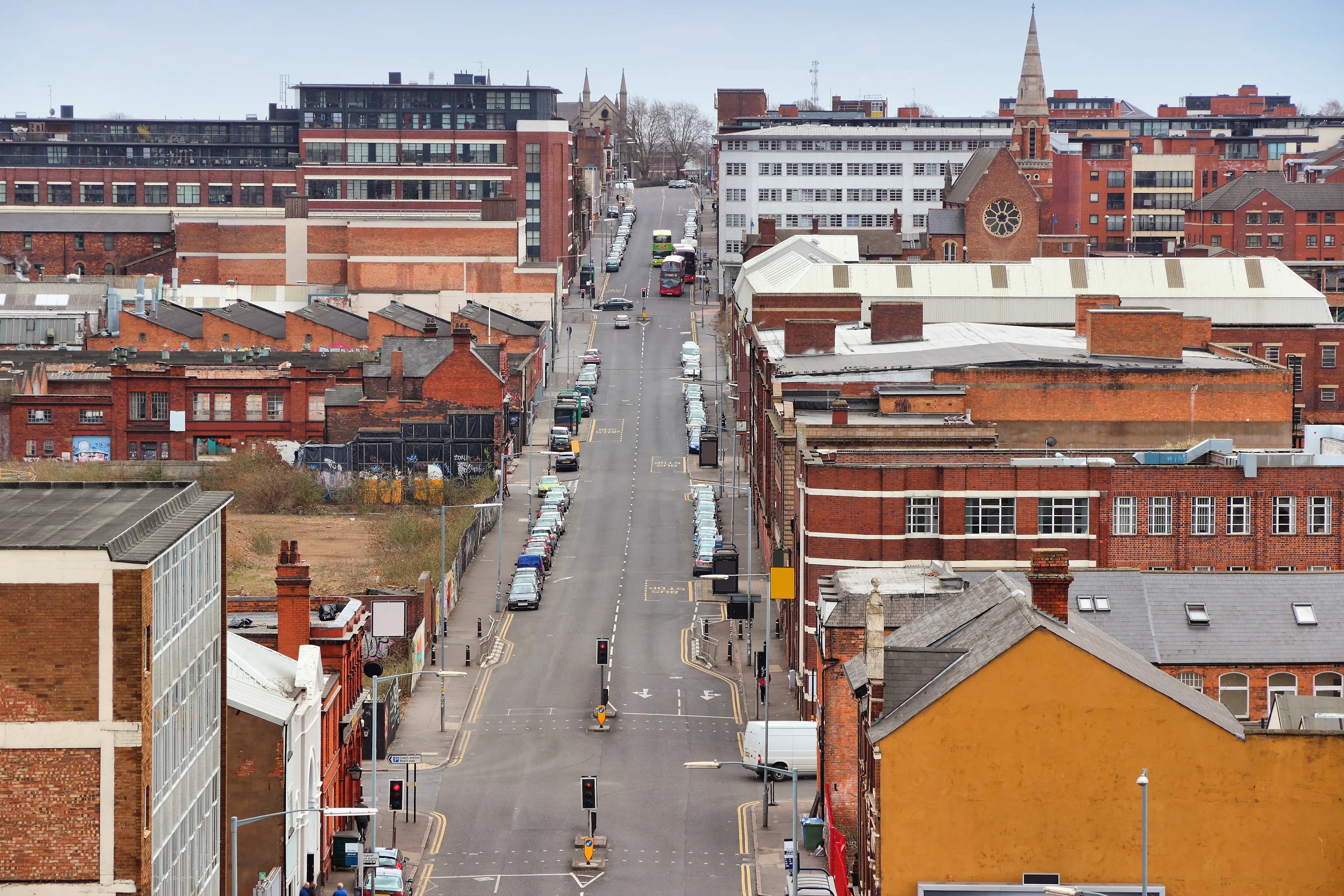Copyright metro

Digbeth is known for its industrial history (Picture: Getty Images/iStockphoto) Last month, Birmingham’s Digbeth was named one of the 39 ‘coolest’ neighbourhoods in the world by Time Out. This accolade placed the central Birmingham district alongside iconic urban quarters in New York, Tokyo, and London — with only Camberwell sharing the UK spotlight — signalling Digbeth’s rapidly rising cultural stature. Ranking an impressive 13th worldwide and 2nd in the UK, the district’s blend of liveability, vibrant food and drink scenes, and strong community spirit underscores its transformation into one of the most dynamic creative hubs in the world. The area’s enduring appeal lies in its unique fusion of past and present. Once a gritty industrial zone at Birmingham’s core, Digbeth has undergone a remarkable metamorphosis into a thriving arts and culture enclave. The Custard Factory, a restored Victorian-era warehouse originally built for Bird’s Custard, stands as a testament to this evolution. Today, it buzzes with independent businesses, vintage boutiques, intimate cafés, and walls adorned with colourful street art, which encapsulate Digbeth’s distinctive bohemian charm. The Custard Factory is one of Digbeth’s main attractions (Picture: Getty Images) Meanwhile, the neighbourhood’s creative heartbeat is palpable in murals by local artists, including the renowned portrait of Mike Skinner outside AutoBrew, celebrating both local heritage and street culture. These vivid artworks attract an eclectic mix of art lovers, creatives, and revellers, intensifying Digbeth’s reputation as a hub of artistic vibrancy and nightlife. Things to do in Digbeth As well as the Custard Factory’s boutique shops, art galleries, and bohemian cafés, the creative hub regularly hosts markets and live events. And locals will soon be able to indulge in culinary delights at a brand new food hall, called Alfred Works Food Hall (after custard powder inventor Alfred Bird), offering diverse dishes as well as social gaming, a kids’ play area and event space. Digbeth is a hub of creative activity (Picture: Getty Images) Peek into Birmingham’s burgeoning media scene at this centre for film and TV production (occasional open days provide insight into creative industries), or walk through historic sites such as the Typhoo Tea factory and enjoy the juxtaposition of old industrial buildings with modern creative spaces. Nearby, the Dockworks Waterfront project in Dudley aims to expand the cultural sphere with new canalside venues and event spaces, further extending Digbeth’s creative orbit. Nightlife lovers can dive into Birmingham’s underground music scene at local live venues, nightclubs, and experimental music spaces, attracting diverse crowds of creatives and music lovers. @visitbirmingham Digbeth hits different 🤩 Explore Birmingham’s creative heart, where street art, indie shops, and buzzing bars bring the city to life! From incredible murals to delicious eats and a thriving music scene, Digbeth is the ultimate spot for a day of adventure. Just a 10-minute walk from New Street Station, this cultural gem is a must-visit! Have you been to Digbeth? Let us know your fave spots!👇 #Digbeth #BirminghamUK #StreetArt #custardfactory #oldcrown #nq64 #chanceandcounters #thingstodobirmingham #visitbirmingham #brum #birmingham #ThingsToDo @NQ64 Arcade Bars @The Old Crown @In Digbeth @Mockingbird Cinema @RedBrickMarketBirmingham ♬ Love You So – The King Khan & BBQ Show Meanwhile, infrastructure upgrades like tram extensions aim to make exploring Digbeth easier from across Birmingham, ensuring its cultural gems remain accessible and providing an ideal base for those working in the city. According to Rightmove, house prices in Digbeth have an overall average of £206,223 over the last year. The future of Digbeth While enthusiasm surrounds Digbeth’s trajectory, voices within the community highlight concerns about rapid gentrification and the potential loss of its gritty authenticity. Scott O’Neill, proprietor of opticians Doctor Oculus, recently expressed optimism about the neighbourhood’s future when speaking to Birmingham Live, emphasising opportunities for further growth and community-led development. Conversely, Rob Bench, owner of The Bench graffiti shop, warned against unchecked development and rising property prices that risk eroding the area’s roots — tensions familiar to many thriving urban districts facing regeneration. Nevertheless, infrastructure improvements, like the extension of the tram network, are set to enhance accessibility, inviting more visitors from across Birmingham and beyond without compromising Digbeth’s unique character. The challenge lies in balancing growth with the preservation of its vibrant, community-driven spirit. Do you have a story to share? Get in touch by emailing MetroLifestyleTeam@Metro.co.uk.



